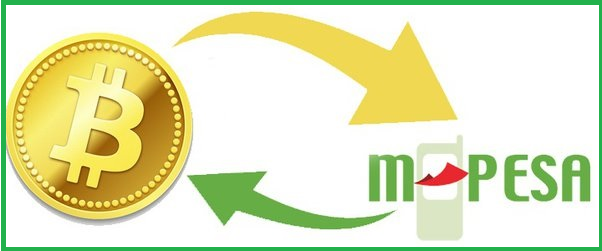By Silas Nyanchwani
My first ever big feature published in a Kenyan newspaper was the lynching of some 13 individuals accused of witchcraft in my village in Kisii. This was in 2008, and I was a dashing, young man who had just joined college with ambitions to be the greatest Kenyan journalist.
I shot an email to Benson Riungu, one of the greatest humorist, then the editor of Crazy Monday, one of the best inventions in a Kenyan newsrooms. At the time, Crazy Monday was the best newspaper pullout. So when Irungu gave me a nod, I asked my friend, Peter Oduor, another equally gifted writer to accompany me to the village and report on the story.
We arrived in the village where the lynching took place. Here is how it started: witches met in a primary school, and had their black book where they had listed people they want to kill, and had crossed the names of those who had died, apparently from their dark powers. The teacher who had discovered the book was so shocked that his name was in the list and was to die next. So he reported to authorities and the Kenyan Law does not capture how to deal with such. Alternative extra-judicial means were pursued, and the culprits were arrested and here is the lynching happens, when the first suspect is arrested they have to produce the co-conspirators. Contrary to the popular misconception, people who are lynched are not always older women.
See, Kisii is one region where witchcraft is widely believed to be practiced. When I was 9 or thereabouts, about 15 or so people, often older women were lynched and I remember an elderly and friendly women escaped the lynching by the skin of her teeth.
I spent part of childhood in different parts of Kisii. Other than the accusation that your neighbour is a witch, there isn’t much of witchcraft to witness. Life goes on pretty normally. In all my time in Kisii, I never had a knock on the door or even seen what a witch looks like. As a Christian, I have never believed in witchcraft.
Sure there have been night runners who can disturb the hell out of your name night. Sure there have been some really macabre and ghoulish discoveries of coffins and bodies from time to time in people’s homes but it is so rare, like it happens once in ten years.
But the lynchings while they have gone down, there are still a few and far between.
Now, while I don’t believe in sorcery or witchcraft, it doesn’t mean that it does not exist. It is easy with my academic papers to dismiss witchcraft, but that is the foolishness of western education.
Belief in witchcraft or superstition is not foolishness. The academic explanation of some of the phenomena we experience is often too dumb you wonder if our scholars were born or grew up amongst us.
For instance to say, that old women are killed so that they can be dispossessed off their land, is a crazy idea. There is no evidence for this. The threshold of dispossessing someone their land in Kisii is so high, almost impossible. I don’t of a community with a higher sense of justice than the Kisii. Maraga nullifying the Presidential election wasn’t an accident.
What I know about witches and their lynching in Kisii, is this. Often it is sanctioned by the community. It may not be approved by everyone, and there are those like us, who believe alternatives can be pursued, but there is always a sense of relief when the lynchings have happened.
I always look at witchcraft as a form of nuisance. Some of the people often lynched are proven night runners and people known to consult and consort with diviners and known sorcerer’s.
There are families in Kisii who have experienced the pain of witchcraft. People who can never ever again live in Kisii. People who are afraid of their villages. Families that believe their loved ones died not of natural causes. There is something called omosira, that people can provide evidence of how it works. Because, man, sometimes people fall sick in a ridiculous way and die in a manner no coroner can define.
So, when the lynchings take place, we can condemn them. We can cry about the defenselessness of the older women, and still pursue better ways of dealing with the nuisance, but don’t you ever look at it in a dismissive, and disdainful way. That the Minister of Interior, a PhD holder in Literature and our Chief Justice are Kisii: both highly learned and sensible people, and often keep quiet about it, says much.
Just Google about lynchings and you can see it happens everywhere in the world. But mostly in poor country. So witchcraft is symptom of poverty. You notice the lynchings have gone down as the economy continues to grow.
Lastly, I don’t believe in witchcraft but I do believe there are people who have dark energy.
There are people who by virtue of talking to them, even on phones, they drain me kabisa.
In the village there are people who are nakedly evil. Go figure.

Source: KENYAGIST.COM












